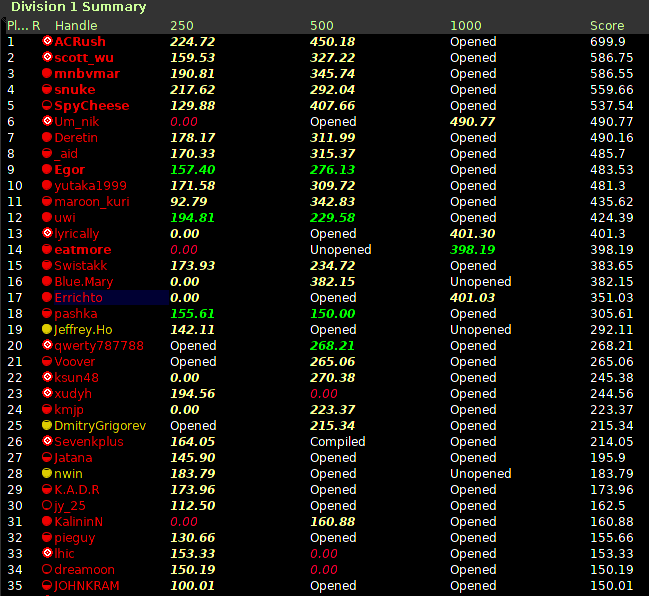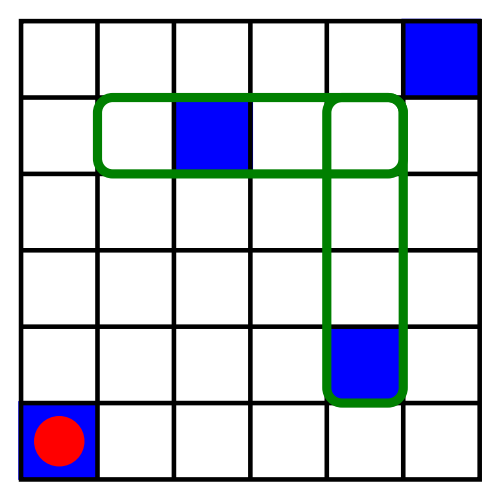I'm back to streaming and I plan the following three problem-solving streams, each lasting around 5 hours:
- At 8am CET on Thursday, February 6 AtCoder easy problems (ABC), including the most recent ABC 153.
- At 8am CET on Monday, February 10 AtCoder hard problems (AGC), including the most recent AGC 41 by tourist.
- At 8am CET on Thursday, February 13 LeetCode recent problems.
I will think out loud and talk about solutions, sometimes with implementation too. Streams 1 and 3 are meant to be educational, while stream 2 will be more of me thinking and struggling. I will not do virtual participation because the pressure of time doesn't go well with explaining anything.
You can watch me on my secondary Youtube channel https://www.youtube.com/errichto2/live or on Twitch https://www.twitch.tv/errichto.
See you in the chat :)
UPD — I will make shorter streams on Monday (the 17th) and Thursday (the 20th). It will be Codeforces div1C-D problems and Boring stream, respectively. I'm updating this old blog so I wouldn't spam with new one.














